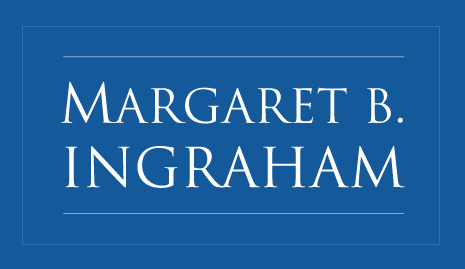“I wait for the Lord, my soul waits, and in His word I hope; my soul waits for the Lord, more than watchmen for the morning, more than watchmen for the morning,” (Ps 130:5-6) wrote the unidentified psalmist of the eleventh Psalm of Ascent. The lack of ascription of this psalm to a particular poet seems to enhance the universality of its application. It removes the necessity or temptation to confine it to a particular place, time, set of circumstances or person. The speaker could be you, or me, or even David. The anonymity gives the poem and this verse of it a power and possession that each of us can take as our own hope and petition.
I have been one who regularly repeats and claims those words of longing from time to time. I do so particularly during those seasons of diligence, discipline or deep need when I turn to ancient liturgical tradition and follow the fixed hour prayer cycle compiled by Phyllis Tickle in her devotional manual The Divine Hours Pocket Edition. Psalm 130:6, the second half of the section quoted above, comprises the so-called Request for Presence for each day of the week in The Office of the Dawn portion of the daily recitations. For the past month I have been diligently and reverently following the practice as a way not only of worshipping and entering into the sacred space of divine fellowship with my God but also joining deliberately into a prayer communion with Phyllis and others like her who were praying the hours. Like the regular corporate reading and praying of the psalms, such prescribed liturgical practices can gloriously and mysteriously bind believers across the globe in a unified chorus of praise and thanksgiving as we wait.
 Phyllis Tickle concluded her soul’s earthly sojourn and met her Lord last Tuesday morning, September 22. That certainly will not come as news to many, if any, readers, as the media — internet, traditional print, broadcast, Twitterverse and blogosphere — have been overflowing with literally thousands of tributes, obituaries, expressions of sorrow and reminiscences full of thanks. My words have not been among them. Silence and stillness and an abundance of tears were all that my grieving (and, yes, rejoicing) heart could muster until now.
Phyllis Tickle concluded her soul’s earthly sojourn and met her Lord last Tuesday morning, September 22. That certainly will not come as news to many, if any, readers, as the media — internet, traditional print, broadcast, Twitterverse and blogosphere — have been overflowing with literally thousands of tributes, obituaries, expressions of sorrow and reminiscences full of thanks. My words have not been among them. Silence and stillness and an abundance of tears were all that my grieving (and, yes, rejoicing) heart could muster until now.
With the silence and the stillness, I know Phyllis would be pleased and understanding. To the tears I can imagine her saying in a strong voice I can still hear “Oh, Peg, you knew it was coming, and I told you this old girl sees death as the imposter and liar he is. We cannot be killed.”
The last sentence of my imagined conversation is, in fact, a verbatim quotation from my friend of nearly forty years. Just as it succinctly articulates the depth of her faith and conviction, it also captures the very heart of the psalmist’s confidence, wrapped though it is in longing. The psalmist is certain that the sure light of morning, on which he solely and absolutely depends, will come. Day will follow night predictably, obediently, and unfailingly, as God has ordained it and as the watchman has witnessed. It is all a part of that eternal covenantal relationship and promise between the Creator and the created that, we have observed, Psalm 19 celebrates. So too is the passing from this life into the Presence of the Beloved, as Phyllis might have described it, for those who hope in Him, know Him as Lord and are called by His name, as she surely was.
It seems somehow fitting that Phyllis — who wished she had learned Hebrew and shared with me an insistence that ours was, and should be described as, a Judeo-Christian faith — would have her name called from the pages of the Book of Life and the door opened to beckon her come in the same week that our Jewish brethren gathered on Yom Kippur and repeated the prayer, hope and greeting “May your name be inscribed in the Book of Life.” Like the psalms themselves, that holy greeting is Jewish in origin and was spoken initially for, to and by that chosen people but now belongs to all of us who by faith and with the assurance of His promises call Him Lord.
You have followed the Light, dear Phyllis; may you rejoice there forever in perfect peace. I bid you not farewell but sweet shalom.
The enduring wisdom of David points those of us who still wait to this blessed hope: “Weeping may tarry for the night, but joy comes in the morning” (Ps 30:5), at resurrection dawn. We can be sure of it.
